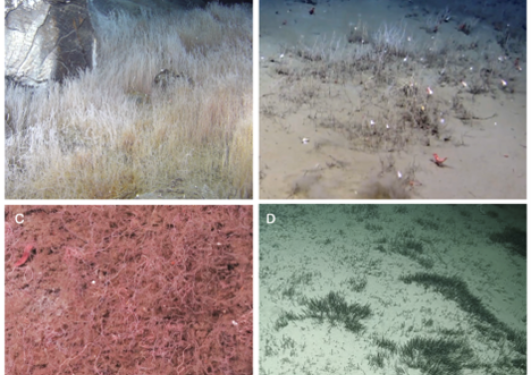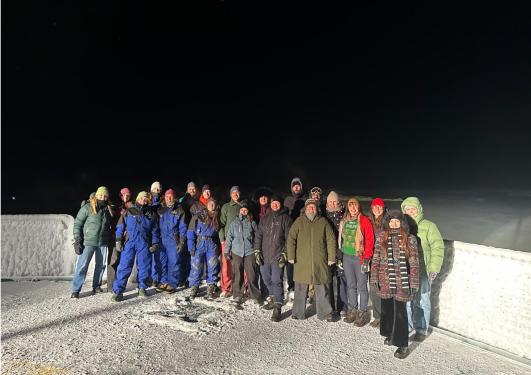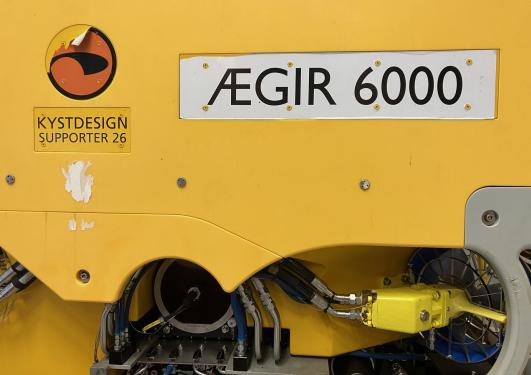The Deep Sea - Earth's last frontier
The deep sea has been a mysterious place for the longest time, but we have made it our mission to reveal the unknown!
We are not only scientists - we are explorers.
The Centre for Deep Sea Research was established in 2021 as a result of a generous contribution from the Trond Mohn Foundation. The centre builds on the expertise from the former Centre for Geobiology (2007–2017) and the K. G. Jebsen Centre for Deep Sea Research (2017–2021). The centre is a leading international institution and pioneer in deep ocean research. Our research activities aim to increase our understanding of geological evolution, biological adaptations, species diversity and potential resources in the least studied environment on Earth: the deep sea. The centre comprises researchers from a broad range of disciplines working closely to understand the complex deep-sea environments.




